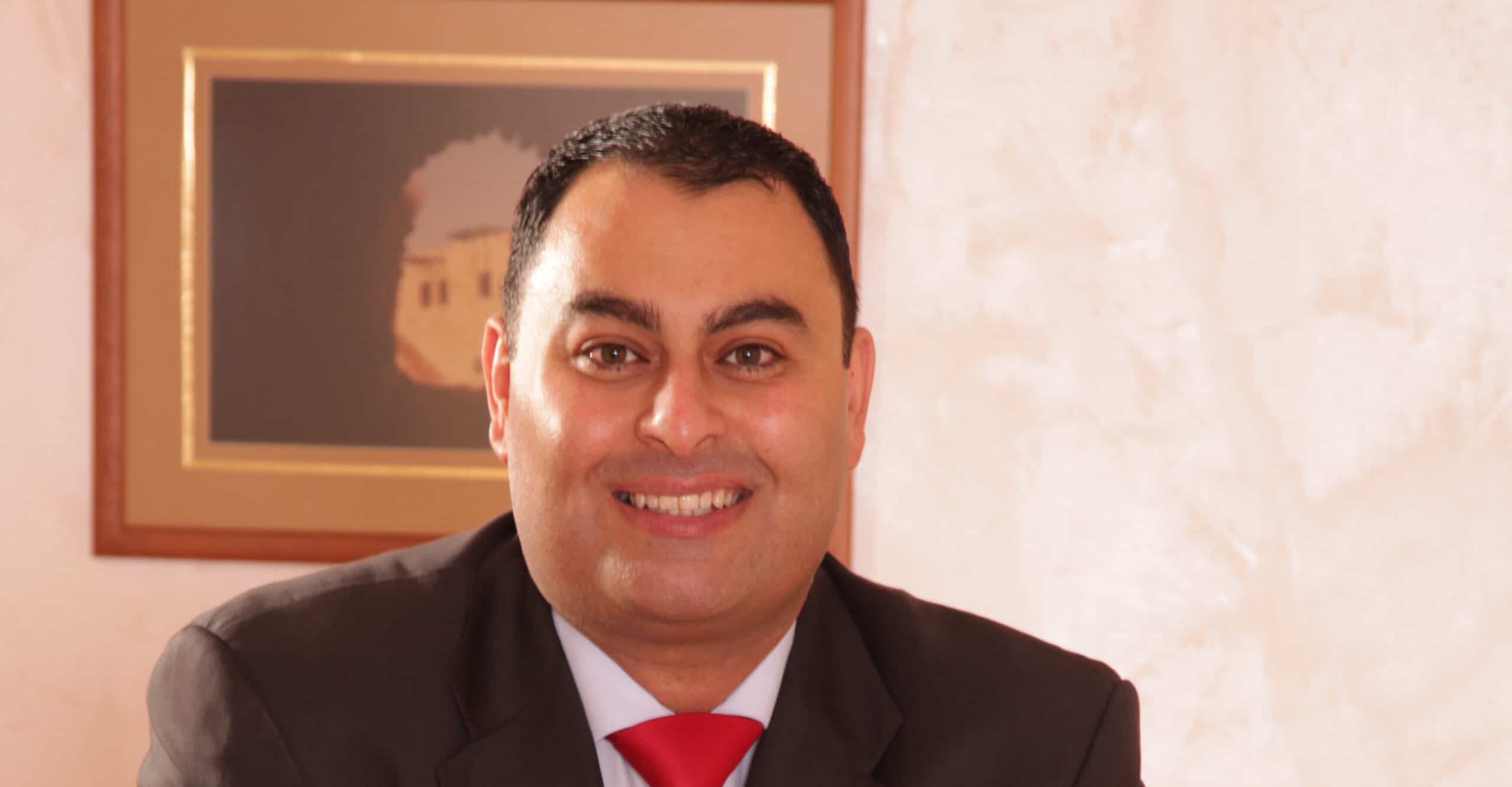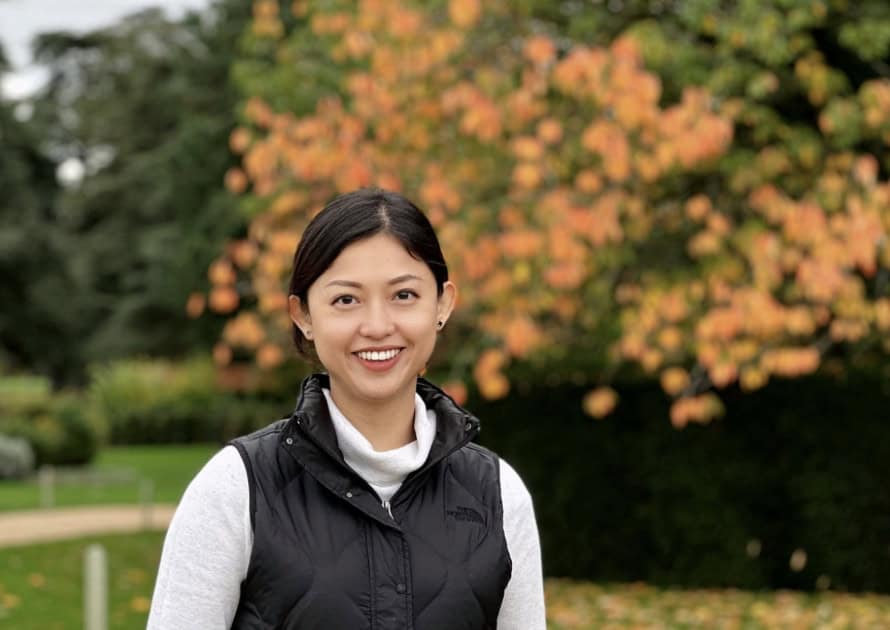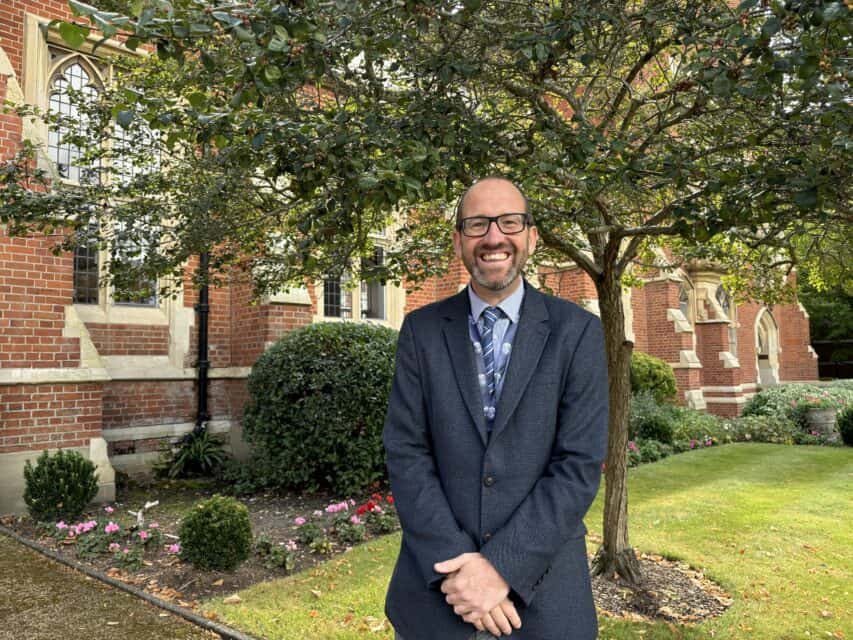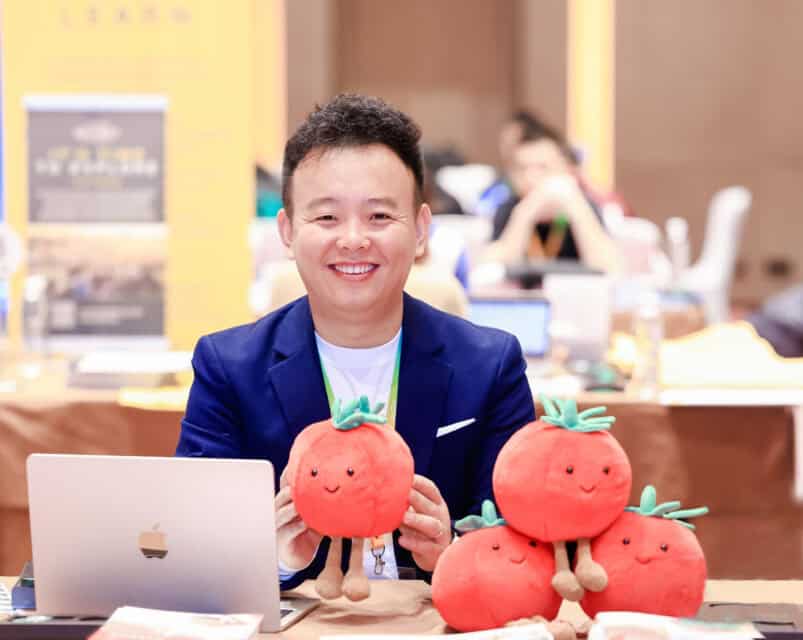Professor Derar Bal’awi is Regional Director for Research, Training & Development in the Middle East and North Africa (MENA) region at the International Group for Education Consulting (). He spoke to Сư�洫ý about IGEC’s work, trends in Saudi Arabia and funding for students in Libya.
Сư�洫ý: So tell me a bit about IGEC.
DB: IGEC is the largest education consultancy in the MENA region. We’ve got 19 offices across the region and three liaison offices in Sydney, Chicago, and very soon we will be opening in the UK.
IGEC started in 1998 in Sydney and then we came to the Middle East as a small student recruitment company. But then, especially in the last five years, IGEC has started to cover most of the activities of educational consultancy. We have over 500 partner universities and colleges around the world: we provide special and exceptional education solutions.
Сư�洫ý: How many students do you send abroad each year?
DB: Given we’re scattered throughout the Middle East, we’re sending around 4,000 students. We focus only on English-speaking countries: the US, Canada, the UK and Ireland, Australia and New Zealand.
Сư�洫ý: Where’s your most popular destination?
“The trends have changed in the last two years in Saudi Arabia. Now 90% of King Abdullah Scholarship Programme (KASP) students go to the US”
DB: Well actually, the trends have changed in the last two years. It depends on the country. Let’s talk about Saudi Arabia, which is about 50% of the MENA region. The trend used to be between the UK and Australia, but just in the last two years, politically speaking especially, the trend is now 90% of (KASP) students go to the US. Currently there are around 180,000 students studying in the US, so we’re talking about a huge number of students.
There are a lot of reasons – I think the first reason is that the USA has many choices: many choices of universities, college, English schools. The second reason, I would say, is political. I mean, there are very big political ties between the US and Saudi Arabia. Not to forget there are quite a few US universities in the top 10 universities in the world, and a lot in the top 100. So I would say academic excellence, also, is one reason why students go there.
Сư�洫ý: I’ve heard there’s been some concern that KASP students aren’t properly prepared for study abroad – is that something you’ve seen?
DB: Imagine a country which hasn’t sponsored any students since 1947. If I’m not wrong, the first scholarship programme was in 1927, when 14 students were sent to Egypt from Saudi Arabia. The second started in 1947, and a lot of students were sent to Arab and Islamic countries. Saudi Arabia is not an open kind of country in terms of culture, economy, or tourism.
“Saudi Arabia hasn’t sponsored any students since 1947. So imagine when King Abdullah released the decree that started KASP in 2005 – it’s a big change”
So imagine when King Abdullah released the decree that started KASP – the biggest sponsorship programme in history – in May 2005. It’s a big change. It’s a very conservative country. So even the education background – in terms of the students’ English fluency – was really very low compared with Jordan or Dubai, for example.
So when they started in 2005, they – not failed, but they stumbled. It was really a culture shock and an educational shock, to be honest. And IGEC was the first education consultancy to work with the Ministry of Higher Education.
Сư�洫ý: So what was IGEC’s role in KASP?
DB: We helped them a lot in recruiting and placing students for maybe three years since the start of the programme. It was new to them – they didn’t even know what recruitment meant. So the first couple of years of the programme, IGEC worked very closely with the Ministry, and I wish to say that we were one of the factors to make this programme successful.
Сư�洫ý: So have things changed since then?
DB: In the last three years, I think the situation has changed. A lot of English schools have opened in Saudi Arabia and students have started to realise the importance of speaking English fluently. So families send their kids to international schools in Saudi Arabia. And also now the Ministry has now almost 10 years of experience with KASP, so now they’re choosing the best of the best students.
“A lot of English schools have opened in Saudi Arabia and students have started to realise the importance of speaking English fluently”
And from the students’ perspective, they’re now becoming more aware of what studying abroad means.
Сư�洫ý: It sounds like there’s a push to attract international providers.
DB: That’s right. Two years ago it was forbidden for any foreign university to open a branch in Saudi Arabia. Just less than two years ago, the Minister of Higher Education announced that all foreign universities are welcome to open their branch or campus in Saudi Arabia and the Ministry will even give them support – generally speaking, he was talking about land and funds to build.
I can tell you this will be one of the future trends in Saudi Arabia. KASP is coming to an end, so I think now the alternative would be to attract international universities to come and open campuses in Saudi Arabia and instead of spending $50 billion on sending students abroad, we can invest in Saudi Arabia.
Сư�洫ý: Do you think that’s what prompted the move to open up?
DB: I think so, yes – coupled with the Ministry of Higher Education’s movement towards opening new Saudi universities. Maybe more than 30 new Saudi universities are either just built or being built, to open very soon.
So this gives you an idea that Saudi Arabia and the Ministry of Higher Education are moving towards having a strong infrastructure and bringing the best of Higher Education to their country.
Сư�洫ý: You also work in Libya – there’s a big push to provide ESL funding there, right?
“We can see a trend in Libya of students going to Turkey, Cyprus and Europe, because the visa issues are much easier than in the US, UK or Australia”
DB: That’s right. It’s the same. Actually during Gaddafi’s regime, they started a government scholarship programme. But this was at the beginning of the Arab Spring – the change in the regime started in Libya, and Gaddafi went.
But one year ago they restarted the scholarship programme for about 4,000 students. But again, it’s political. Not all countries are ready to grant Libyan students a visa, and these issues are really an obstacle. So that’s why we can see a trend in Libya of students going to Turkey, Cyprus and Europe, because the visa issues are much easier than in the US, UK or Australia.
Сư�洫ý: What can you tell me about the IGEC’s academic projects?
DB: Saudi Arabia is building a lot of new universities from scratch. They have maybe 10 older universities, and I’m not sure if they have the experienced staff to do this. We have a very good relationship with some of the universities and they approach us to help them with these projects.
We’re currently working with a medium-sized Saudi university and we’re doing everything from scratch. We’re involved in curriculum development; staff recruitment, training and retention; accreditation; helping them to sign articulation agreements with universities in the US or UK for student exchange and for other activities… So it’s really a broad spectrum.



